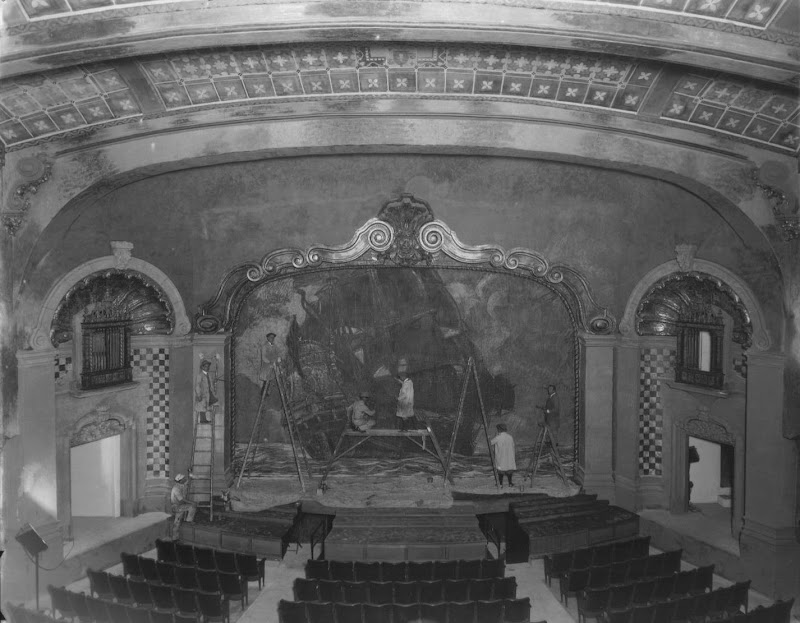'Movement and text is in equal parts. I mean we’re talking and moving pretty much the whole time. In terms of why people are excited, I mean, if we just say, “Okay. Why are people excited about making work and seeing work where there isn’t seating and a stage?” If we just take it as that. I think the answers are kind of exciting. I guess what I think first of all is that this is the screen age, and we are, I think, losing a bit of what it is to be human people with skin and muscles and sweat and tears and blood — the experience of having touch and proximity, really like an intimate experience among strangers with just human interchange: eye contact, touch, whispering, breath, and to be so close to a lot of heightened emotion and heightened physicality, really close. I feel like maybe in the digital age, there is a craving for that. I hope.' -- By Bill Raden

